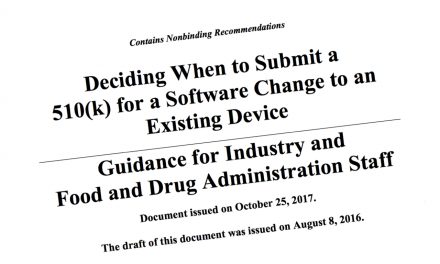Vince Kuraitis is burning up the blogosphere with more great posts on his blog. The latest to catch my eye was the announcement that Qualcomm made during the ATA (American Telemedicine Association) meeting this month in Nashville, that they are creating a health care MVNO to be called LifeComm. An MVNO is a Mobile Virtual Network Operator who leases capacity from existing wireless carriers' network, packages it and sells it to consumers under its own brand. A successful example is the Virgin Mobile and their prepaid cell phone service.
Qualcomm is reasonably well positioned for this through their QConnect service offering (numerous posts here) and their recent acquisition of nPhase. A big cost for an MVNO is the back office - the software for managing subscribers, billing, and provisioning devices to the network. Qualcomm's telco industry experience, plus the software that makes up QConnect and nPhase have much of this covered. The second big effort for an MVNO is marketing to build awareness and pull prospective customers into your stores or to your web site.
Vince's post provides a great summary of the deal and lots of links to additional info, so I won't go into the details here (be sure to check out the comments at the end of the post, too). Besides, ruminating on the announcement is more fun anyway. LifeComm will need a big war chest for marketing. In the near total absense of third party reimbursement, they will need to market to physicians (who "prescribe" monitoring like CardioNet for patients) and/or patients and their families (who could pay for monitoring or applications out of their own pocket like MyFoodPhone). In either case, we're talking hundreds of millions of dollars for marketing.
Working against LifeComm is the fact that carriers have failed miserably with wireless data applications. Carriers have always thought of wireless data as a high profit way to boost sagging ARPUs. Much like they started billing for minutes of talk time, carriers initially packaged data by the kilobyte. It was only recently that carriers have packaged data in unlimited bundles. Ironically, the wireless data service that has kept carriers in the green has been ringtones and SMS text messaging, and not the fancy "location based services" and other glitzy applications they became enamoured with.
Much of the LifeComm business model remains hidden. Will all of LifeComm's applications be LifeComm branded, or will LifeComm provide a platform for third party applications? Will LifeComm provide or enfource interoperability (or at least coexistence) between various health care related data applications? Will specialized phones be required to use the service, and at how much of a premium price? Will LifeComm's rate plans be more attractive than the marginally successful wireless data plans from the regular carriers?
The success of LifeComm will be decided by the answers to questions like those above. The other big question is how big is the market today? If LifeComm launches in mid 2008, will there be a multi billion dollar market they can tap into immediately - and if not, how long can they bleed before they have to close the doors?
Pictured right is a CardioNet monitor shot at last summer's Healthcare Unbound conference in Boston.



Recent Comments